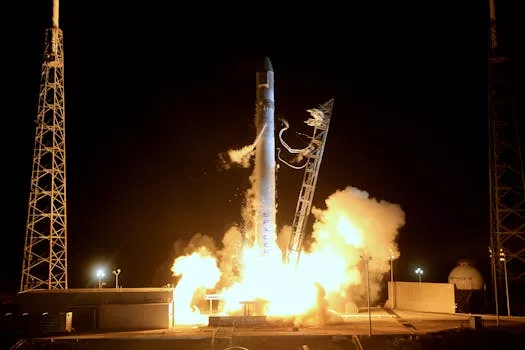
“
Soaring Through the Cosmos: The Power of Imagination Beyond the Stars
The power of imagination is a force that has driven human innovation and discovery for centuries. From the early astronomers who first gazed up at the night sky to the modern-day space explorers who venture forth into the unknown, the cosmos has always been a source of fascination and inspiration. In this article, we will explore the power of imagination and its role in shaping our understanding of the universe.
The Early Years of Astronomy
The study of the cosmos has a long and rich history, dating back to ancient civilizations such as the Greeks, Romans, and Egyptians. These early astronomers used their imagination to develop theories about the nature of the universe, from the movement of the planets to the behavior of the stars. They built elaborate systems of astronomy, using their knowledge of mathematics and observation to make predictions about celestial events.
The Age of Space Exploration
In the 20th century, the space age dawned, and humanity began to explore the cosmos in person. From the launch of Sputnik 1, the first artificial satellite, to the moon landings and beyond, the power of imagination has driven the development of space technology. Today, we have robotic missions exploring the surface of Mars, orbiters studying the rings of Saturn, and telescopes probing the depths of the universe.
Takeaways
- The power of imagination is a driving force behind human innovation and discovery.
- The study of the cosmos has a long and rich history, dating back to ancient civilizations.
- Space exploration has expanded our understanding of the universe, from the behavior of stars to the nature of dark matter and dark energy.
Conclusion
As we continue to explore the cosmos, we are reminded of the power of imagination to shape our understanding of the universe. From the stars in our solar system to the mysteries of dark matter and dark energy, the cosmos is a source of endless fascination and inspiration. By embracing our imagination, we can unlock new discoveries, drive innovation, and push the boundaries of human knowledge.




